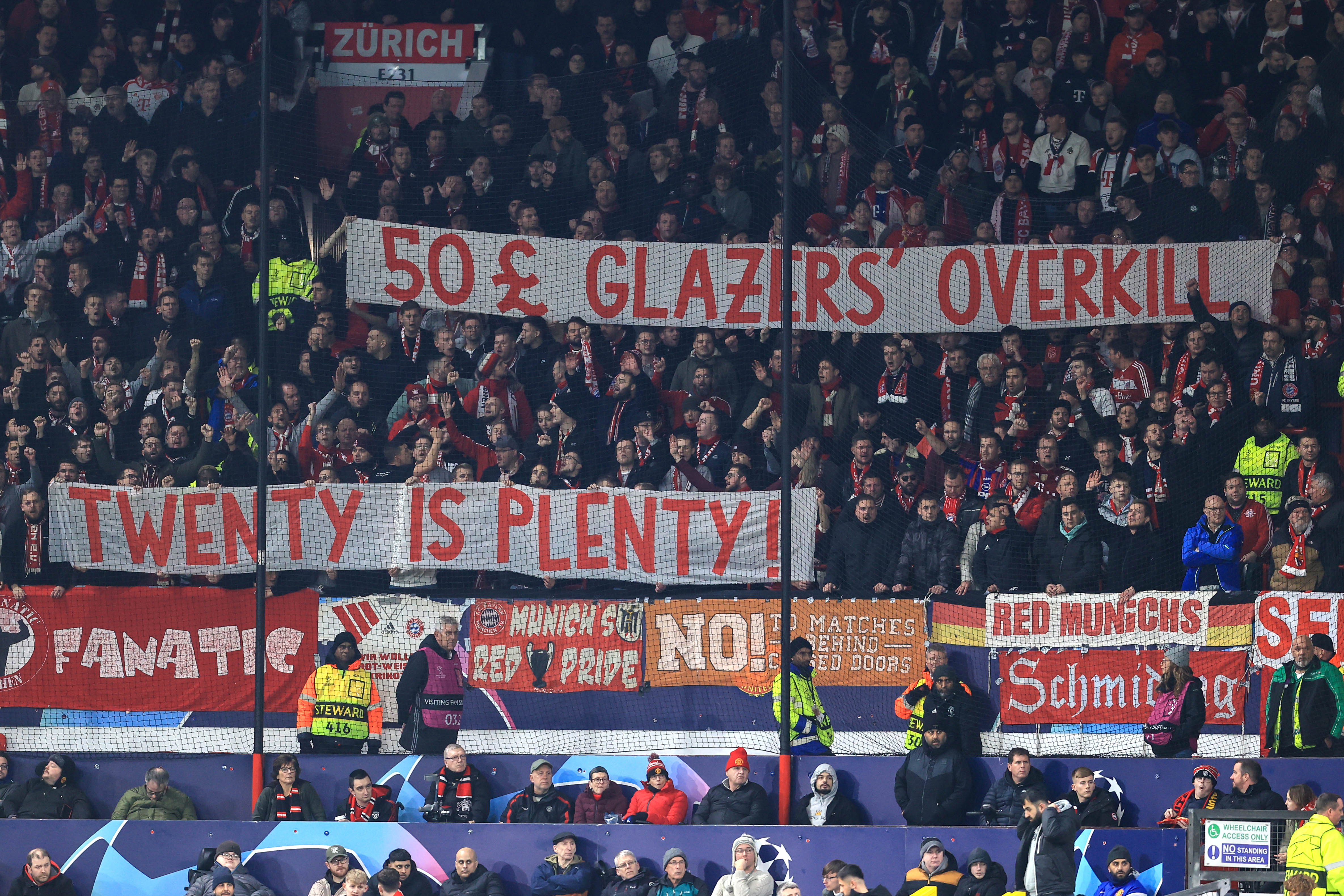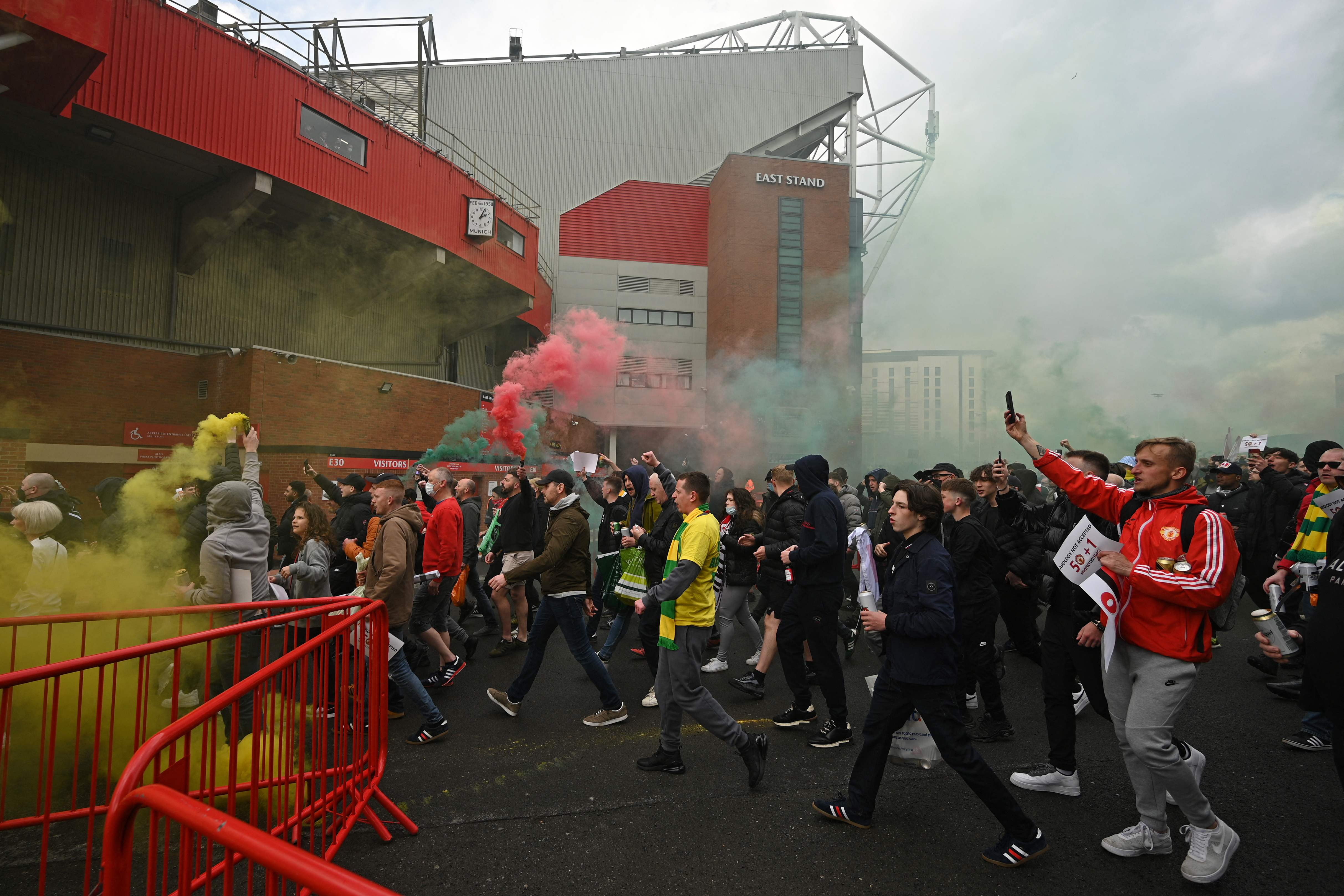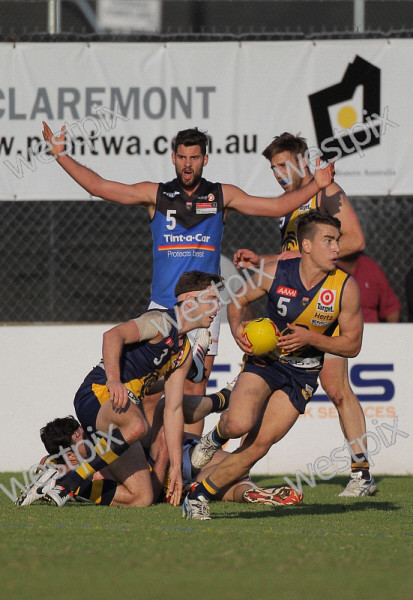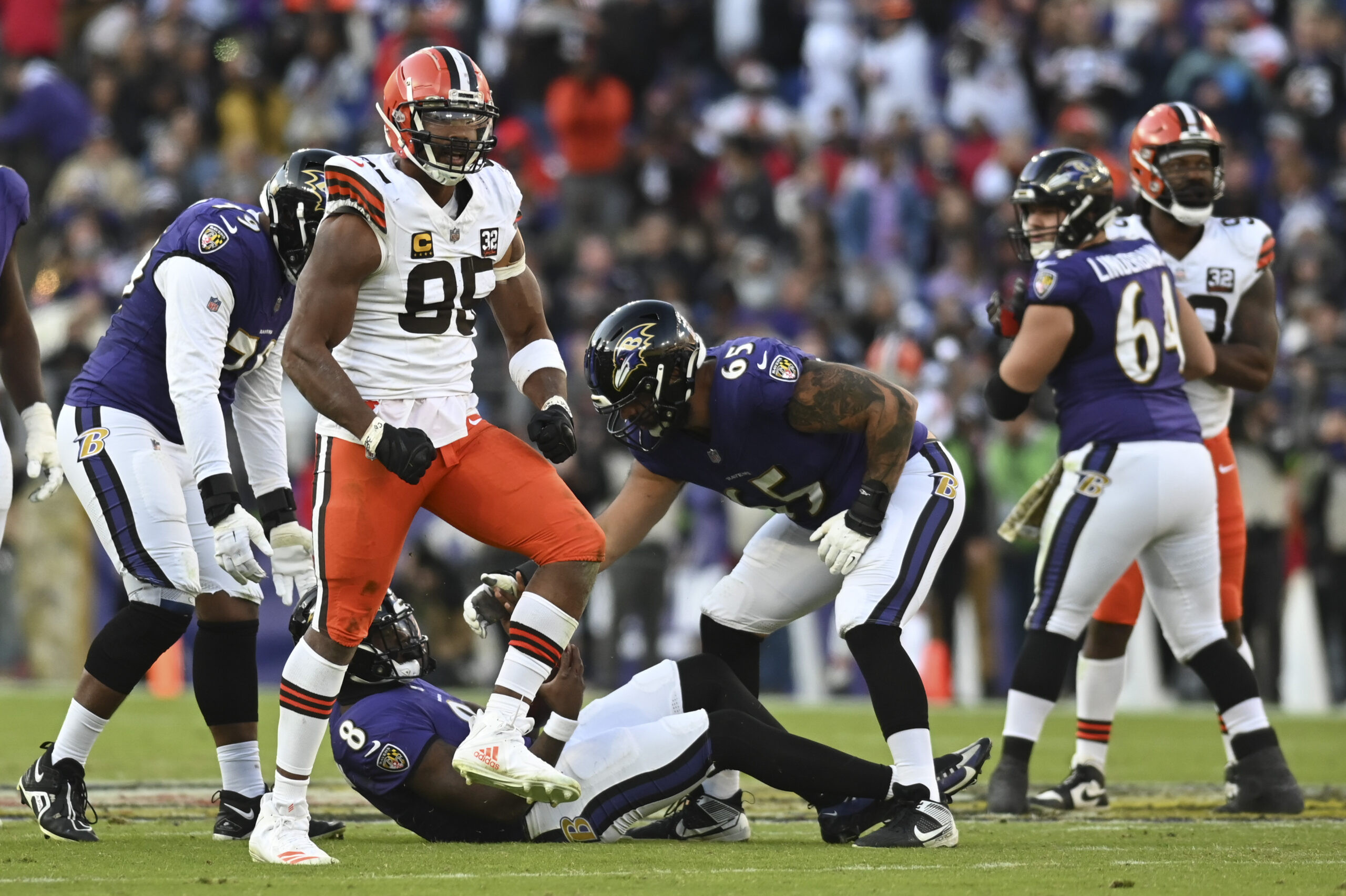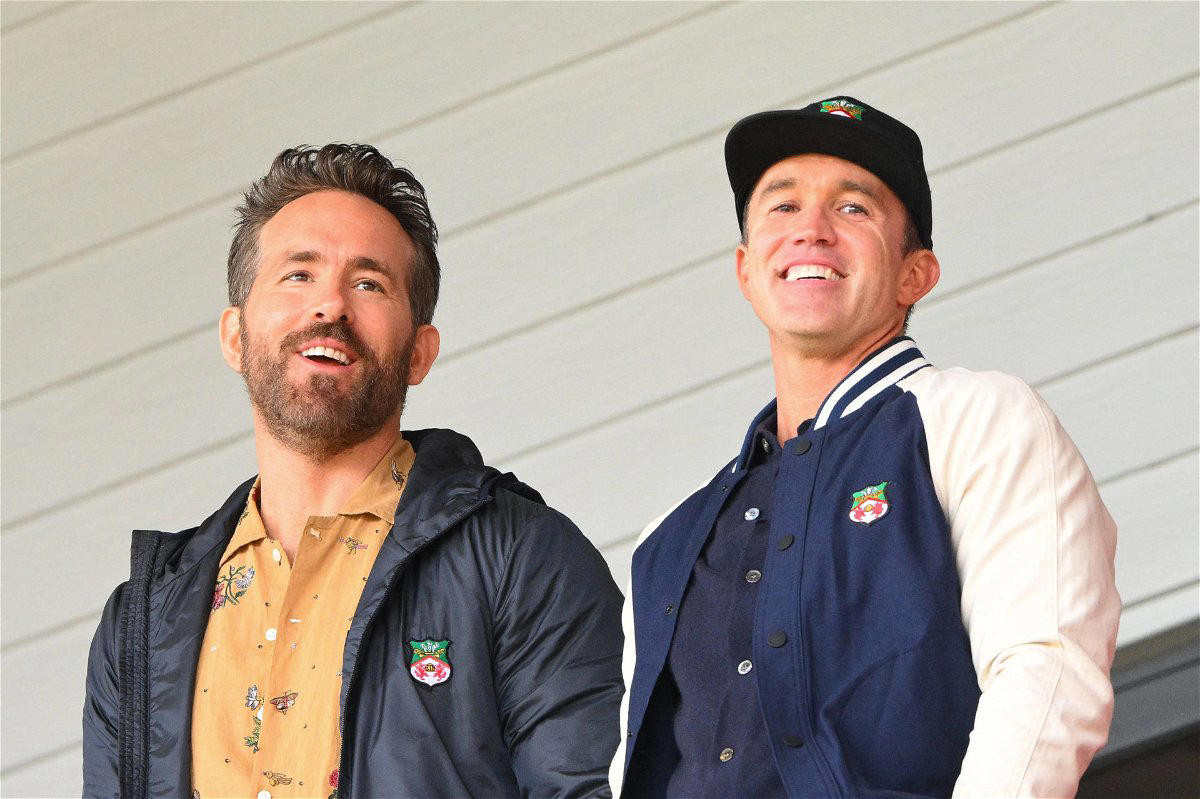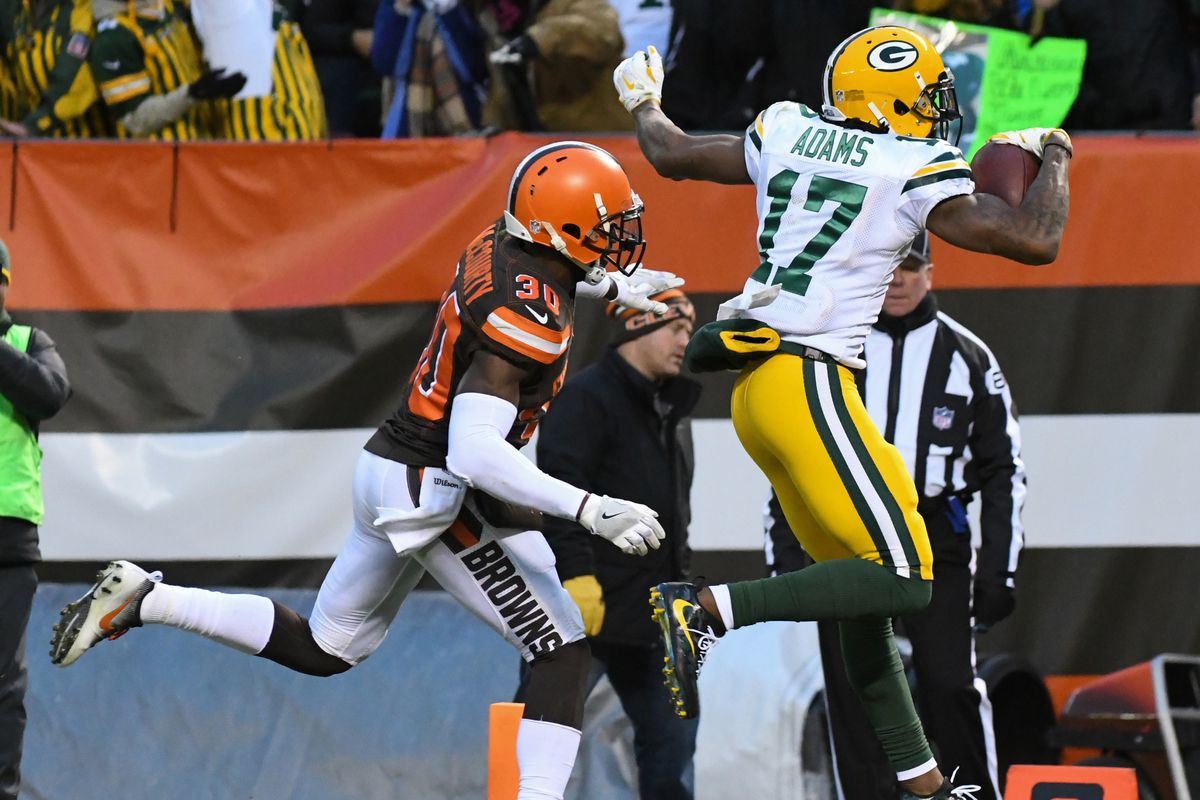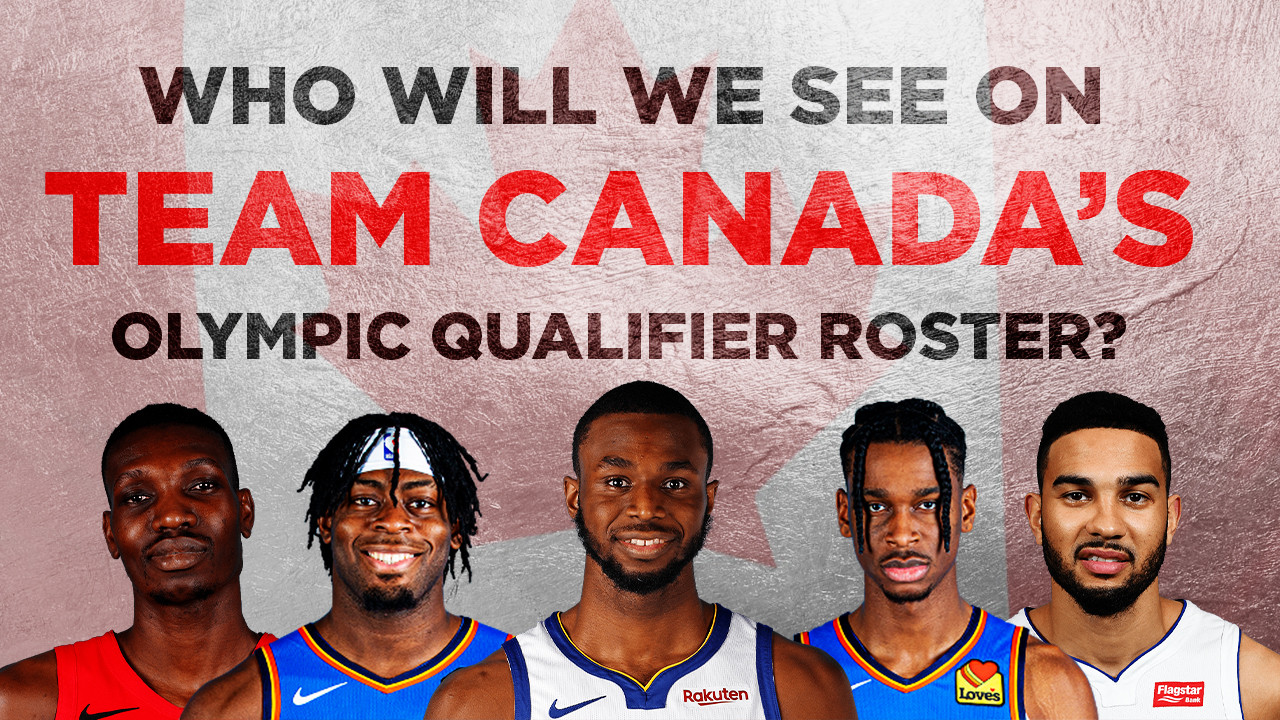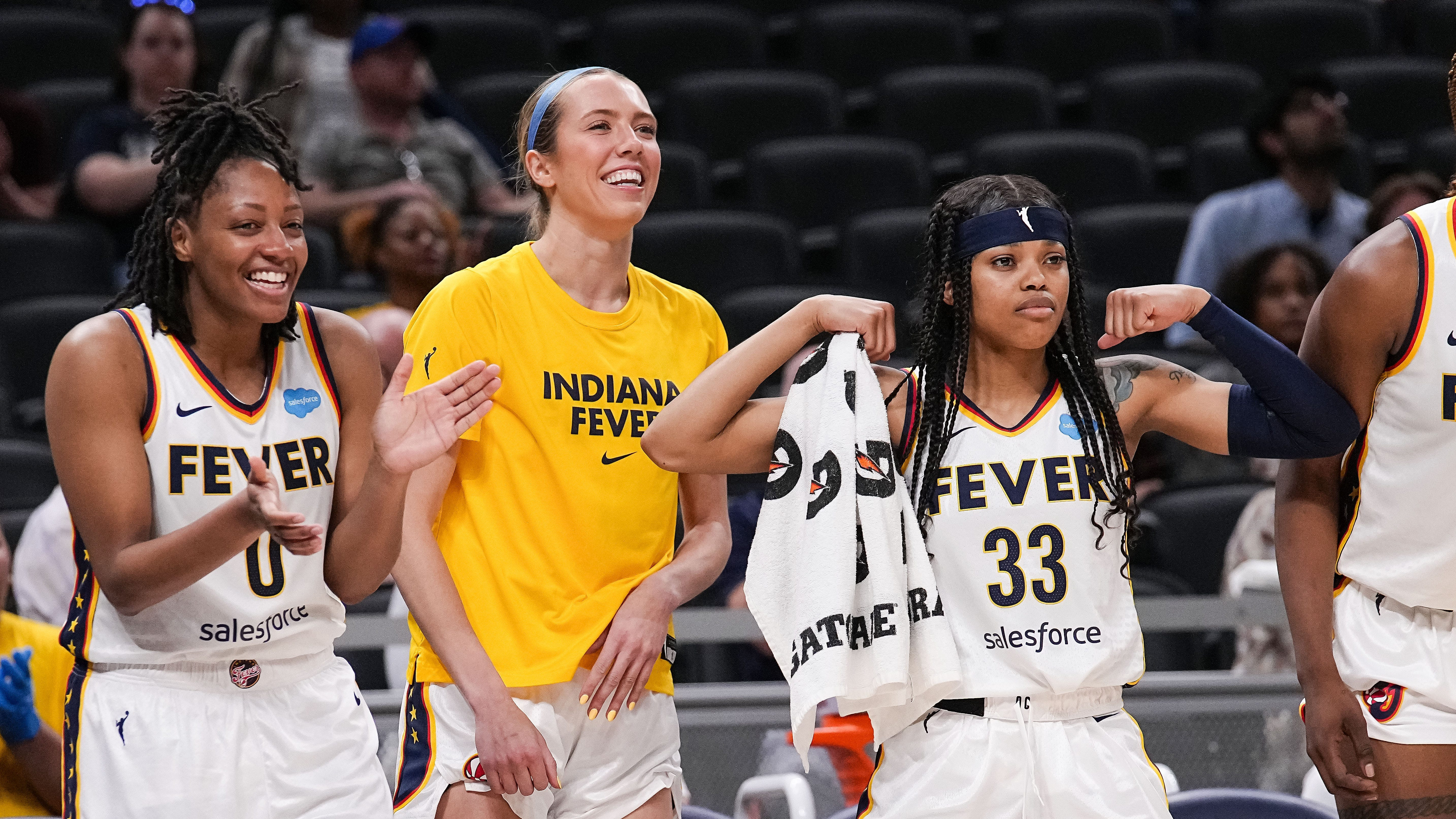Manchester United Fans Stage Massive Protest Against Soaring Ticket Prices
Manchester United and Everton fans united in protest outside Old Trafford before their Premier League match on Sunday, voicing their outrage over a recent decision to increase ticket prices to £66 per game, eliminating concessions for children and pensioners. The move sparked widespread fury among supporters, who feel betrayed by the club's leadership.
The Outrage Over £66 Tickets
United's mid-season decision to raise prices was met with immediate backlash. Hundreds of fans gathered, unfurling banners like "stop exploiting loyalty" and directing angry chants at both the Glazer family and new minority owner Sir Jim Ratcliffe. The atmosphere was charged with frustration and anger, palpable in the chants of “£66, you’re taking the p**s.”
Children and Families Priced Out
The removal of concessionary pricing hit a particularly raw nerve. One father, Ross Jenkins, poignantly held a sign reading, "It's my fault, so charge me more." He explained that the new pricing made attending matches unaffordable, and the lack of concessionary prices meant that he would no longer be able to bring his children to games. His heartfelt account highlighted the devastating impact of the price hike on families, stating that without concession prices, he would be unable to afford to take his kids to the match and that if they couldn't go, he wouldn't either. The prospect of a new generation being priced out of the experience deeply saddened many fans. Other parents echoed these sentiments, expressing their concerns about the future of the club and its fan base.
The Voice of the Fans
Among the protestors were families and lifelong fans who have supported the club through thick and thin. They expressed their deep disappointment and sense of betrayal over the decision. Alex Sinau, a father of two, shared his dismay, saying, "Instead of bringing young kids and the younger generation closer to football, they are pushing them away." The protest wasn't just about the immediate financial burden; it was a passionate plea to protect the future of the club and its connection with its devoted fans.
Anthony Talbot, another concerned father, highlighted the broader financial implications for working-class families. He pointed out that taking a family of four to a match could easily cost nearly £300, an expense many simply cannot afford. This raised concerns about the club becoming less accessible to its traditional working-class fan base, potentially leaving it a less diverse and vibrant atmosphere.
The Role of Sir Jim Ratcliffe
Sir Jim Ratcliffe, a relatively new minority owner, became a target of the fans' anger, even though he had no input in the decision. The fans' reaction highlighted the mistrust and uncertainty many fans have towards ownership structure, especially since the acquisition, which did not garner universal support and only added fuel to the existing resentment.
A United Front Against Price Hikes
The protest wasn't limited to Manchester United fans. Everton supporters joined the demonstration, showing solidarity with their rivals in a display of shared frustration against the rising cost of attending football matches. This cross-club collaboration underscored the broader issue of affordability and fan accessibility in the Premier League. The demonstration was organized by The 1958, a prominent Manchester United fan group, and it clearly indicates the growing dissatisfaction with the club's management and their policies, and was amplified further by the support of Everton fans.
The 1958 group's spokesperson Steve Crompton voiced his disgust at the lack of consultation with fans regarding the price increase, further emphasizing the fans' discontent and their collective feeling of being ignored. The group voiced their intention to continue their fight for fair pricing and expressed their hope for unity among supporters of several clubs. Everton fan David Fehily further highlighted the widespread nature of the problem, advocating for a united front across various Premier League teams.
The Larger Context of Premier League Ticket Prices
Manchester United isn't alone in raising ticket prices. Many Premier League clubs have followed suit, despite the recent lucrative television deal. This widespread practice has fueled a growing movement among fans across the league, aiming to push back against what they see as exploitative pricing strategies. The Football Supporters Association's 'Stop Exploiting Loyalty' campaign embodies this broader struggle, uniting fans from different clubs in a shared cause.
The protest at Old Trafford served as a powerful reminder of the deep connection between fans and their clubs, and the significance of preserving affordable access to the game for future generations. The protestors believe this price increase affects far more than just the financial aspects of supporting the club. The emotional connection of the supporters and fans to the club and the historical significance of the game will be diminished if the working-class and families are priced out of attending the games. This movement is gathering strength, and it remains to be seen whether it will succeed in pushing for significant changes in pricing policies.
The passionate and vocal opposition demonstrated at Old Trafford clearly sends a message to the club's owners and management: a sustainable future for Manchester United demands a far greater level of respect for its loyal fan base. The fans' voices must be heard.
The Future of Football Fan Engagement
The protest highlights the growing tension between the commercial realities of modern football and the needs of its passionate fanbase. The long-term sustainability of the sport relies on ensuring accessibility, not only for wealthy corporate clients, but also for the core support that has built the foundations of the club's success throughout its history. It will be interesting to see if the club will respond and take into consideration the sentiments and concerns raised by its loyal and ardent supporters.
The future of this issue and its potential impacts on football remain to be seen. However, it is imperative for clubs and organizations to understand and address these concerns before these actions lead to a detrimental rift between clubs and their loyal fan base. The situation, if not addressed, could potentially affect several other clubs in the league.




